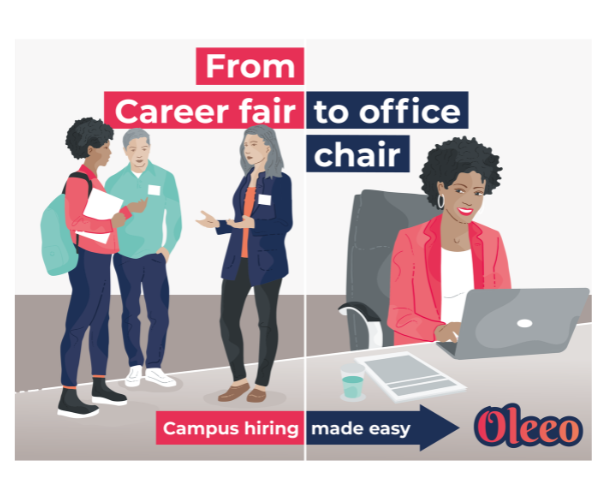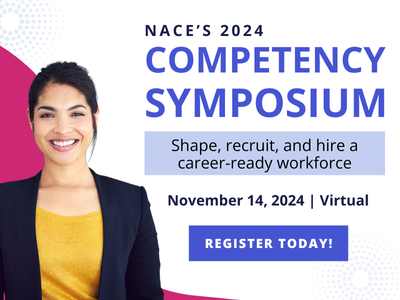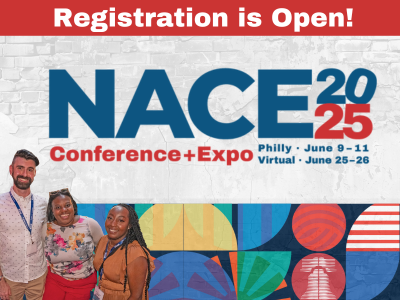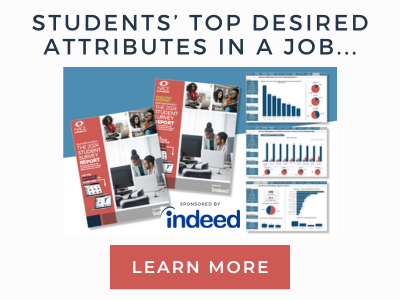Editor’s Note: This blog post is a review of the documentary “Coded Bias”, written and directed by Shalini Kantayya.
The year 2020 gave us, among other things, “The Social Dilemma,” a documentary featuring a long line of white male tech entrepreneurs lamenting what they claim were naïve contributions to our technological present that often reduces humans to eyeballs and data points. While it was an eye-opening documentary for many, the film rightly faced criticism for its contributors essentially shrugging and asking, “Who knew it would lead here?” The answer was, “In fact a lot of people raised the warning; you just didn’t listen.”
A year later, we have reached spring 2021 and now have the antidote to the shortcomings of “The Social Dilemma.” Shalini Kantayya’s documentary “Coded Bias,” which focuses on inherent bias in artificial intelligence and related technologies, is a clear, cogent, and accessible walk through the concerns many have over AI and technology. It simultaneously introduces the viewer to a number of the women who have been studying and writing about these challenges and dangers.
“Coded Bias” begins with the story of Joy Boulamwini, an MIT student and her discovery that facial recognition technologies could only detect her face if she wore a white mask. This becomes the impetus for further research into facial recognition systems and the larger network of AI and machine-learning systems impacting daily lives of people around the world.
As we follow Boulamwini’s journey we meet other seminal researchers in tech including Meredith Broussard (Artificial Unintelligence), Cathy O’Neil (Weapons of Math Destruction), Zaynep Tufecki (Twitter and Tear Gas), Amy Webb (The Big Nine, which I reviewed for NACE in 2019), Timnit Gebru, and Safiya Noble (Algorithms of Oppression). Investigating our algorithm-driven world through the work and words of these and other women, we can see how these algorithms reinforce and exacerbate systemic inequalities across law enforcement and the justice system, housing, hiring and employment, access to goods and services, and more. The algorithms deepen and entrench injustices including racism, sexism, and economic inequalities, often even when they are believed to be addressing problems. While we can wring our hands about China’s social credit score, the subjects point out, at least China is transparent about their intent with their citizens. For the US much of this is driven by private, commercial interests in an unregulated environment and with no transparency.
As our allied professions work to prepare ourselves and our students and applicants for the future of work, this documentary is a must see, whether you need a primer on the topics or are looking to broaden your reading and understanding of the technologies already impacting our lives, our work, and our world.
Chris Miciek is director of the Career Development Center at Thomas Jefferson University.







